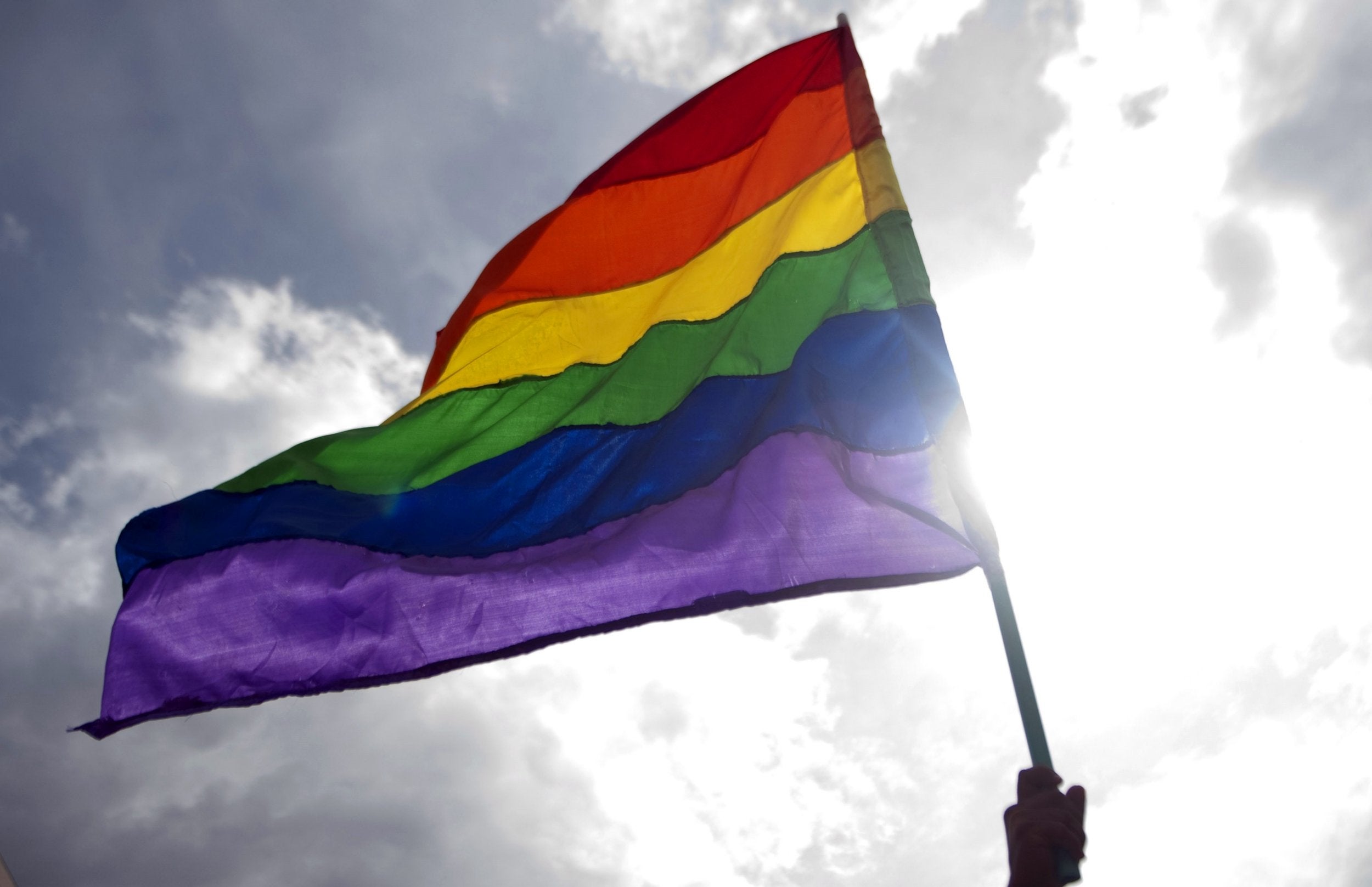LGBT+ people's health 'seen as less important to NHS', equalities committee warns
Trans patient warns services are 'going backwards quickly' as charities say 'one-size-fits-all approach to equality' is holding health service back

Your support helps us to tell the story
From reproductive rights to climate change to Big Tech, The Independent is on the ground when the story is developing. Whether it's investigating the financials of Elon Musk's pro-Trump PAC or producing our latest documentary, 'The A Word', which shines a light on the American women fighting for reproductive rights, we know how important it is to parse out the facts from the messaging.
At such a critical moment in US history, we need reporters on the ground. Your donation allows us to keep sending journalists to speak to both sides of the story.
The Independent is trusted by Americans across the entire political spectrum. And unlike many other quality news outlets, we choose not to lock Americans out of our reporting and analysis with paywalls. We believe quality journalism should be available to everyone, paid for by those who can afford it.
Your support makes all the difference.The NHS has been accused of treating the health needs of gay, transgender and other LGBT+ people as “less important” than the wider population by the head of parliament’s Women and Equalities Committee.
After receiving evidence from more than 60 groups as part of an inquiry into health and social care support for LGBT+ communities, the committee’s chair, Maria Miller MP, said the “NHS is not delivering”.
The committee is currently working on a report on the issue, but has published evidence on the “stark” inequalities that exist in access and health outcomes for LGBT+ people.
It suggested that lesbian and bisexual women were almost as half as likely to have had cervical cancer screening than their heterosexual counterparts.
One in five LGBT+ respondents had told them that they had experienced discrimination by their GP or a member of practice staff. Services for trans people were also described as “going backwards”.
Ms Miller said that “the sheer variety of evidence submissions we’ve received lay bare the stark inequalities in outcomes between LGBT groups and the wider population.”
She added: “The evidence suggests the NHS is not delivering and there appears to be a perception that the healthcare needs of LGBT people are deemed ‘less important’.”
The committee will bring forward recommendations for ministers on how to close the gaps in the next few months.
Charities have already warned that in spite of staff’s best efforts, a “one-size-fits-all approach” to equality did not work.
Mental health services were a particular issue and the Stonewall charity warned that gay and bisexual men were seven times more likely to have attempted suicide.
Dr Joanna Semlynn of the University of East Anglia, told the committee that rates of mental health conditions were twice as high in the LGBT+ community.
A succession of reports this week have shown these services are already stretched to breaking point, with other groups with high mental health needs, such as young people and those suffering PTSD, also facing year-long waits.
Trans people are another group that is being let down by the NHS, the committee has found.
One member of the public who began gender transitioning four years ago submitted evidence to the committee warning services are getting worse.
“In the past four years transgender health care seems to have gone backwards so quickly,” they said. ”Waiting times have exploded, GPs are unwilling to treat using unlicensed hormones, treatment for children has not moved forward but worsened substantially, new understanding of transgender care have not been adopted by the NHS.”
It comes after Stonewall found earlier this month a quarter of LGBT+ people had witnessed or experienced discrimination in the NHS.
“A one-size-fits-all approach to equality and diversity has created gaps in how LGBT patients are cared for,” Laura Russell, Stonewall’s head of policy told The Independent. “Maria Miller’s comments reflect the findings of our recent report investigating the experiences of LGBT people accessing healthcare services.
“Even though the majority of health and social care staff want to deliver the best possible service to lesbian, gay, bi and trans people, discrimination and a lack of education remains a problem.”
However the organisation will be working with the new national advisor for LGBT healthcare to address this.
NHS England was approached for comment but had not responded at time of publication.
Join our commenting forum
Join thought-provoking conversations, follow other Independent readers and see their replies
Comments